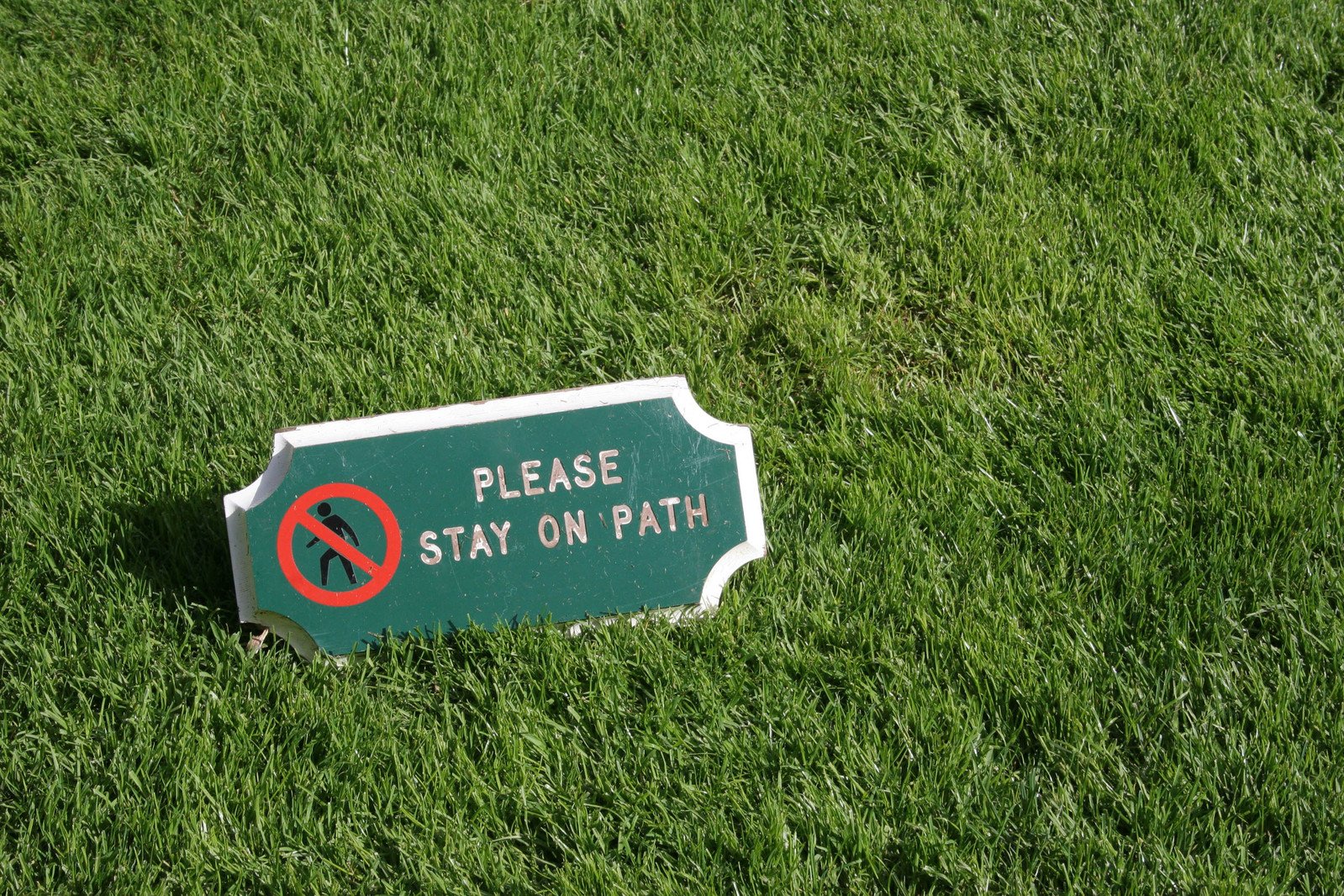Counterfeit Christianity – Galatians 5:13-26
Big Idea: Every religion has rules to stop their followers from immorality. Except Christianity. The Bible says we are the source of all our problems. No threat of punishment or promise of reward will ever be sufficient to turn us into saints. So the Christian God provides a more radical solution. He offers to inhabit our bodies and remake us from the inside out.
How should we stop people from doing bad things?
For many in authority, the answer is simple: make it illegal. Henceforth that act/thing will be deemed “haram” (forbidden) and punishment will be meted out on all rule-breakers.
Malaysian authorities, for example, sought to ban a number of things in 2017 to protect its citizens.1 Among them: fidget spinners (a toy), Fight of Gods (a videogame), Beauty and the Beast (a Disney movie), and Despacito (a Spanish song). Each was considered harmful, shameful, and/or immoral, and hence, inappropriate for viewing, playing, or listening.
Did it work? While Despacito was indeed taken off state radio and TV channels, it continued to be a mega-hit across Malaysia because commercial radio stations played it incessantly and anyone with a Wifi connection could watch the music video on Youtube.
Just because someone thinks it’s bad and bans it, doesn’t mean everyone will stop doing it.
And herein lies the problem with rules: they are all destined to be broken.
To find the right cure, doctors must first rightly diagnose the illness. The same is true for rule-makers. What is the real problem? If homosexuality is caused by a Disney movie, then banning it might work. Ditto if disrespecting religion is caused by a video game, and sexual immorality by a song few Malaysians actually understand.
For rules to work in preventing bad behaviour, at least two things need to be true:
First, people must be rational. Like Mr Spock in Star Trek, people will stop doing bad things when there’s no incentive to do so.
Second, people are (mostly) good. Like innocent children, people only do bad things because they don’t know any better, or don’t have the opportunity to do good things. So, for the former, we provide education. For the latter, we provide opportunity.
The Bible says otherwise. As Paul wrote in verse 17:
For the flesh desires what is contrary to the Spirit, and the Spirit what is contrary to the flesh. They are in conflict with each other, so that you are not to do whatever you want.
Within every Christian two natures are vying for supremacy: the flesh versus the Spirit.
What does Paul mean by “the flesh”? He doesn’t mean our physical bodies. Unlike some religions, Christianity is not body-denying. It doesn’t say that our bodies are merely vessels for the spirit. Rather it refers to who we truly are by default if God leaves us alone.
The acts of the flesh are obvious: sexual immorality, impurity, and debauchery; idolatry and witchcraft; hatred, discord, jealously, fits of rage, selfish ambition, dissensions, factions and envy; drunkenness, orgies and the like.
The eagle-eyed reader will spot four categories from Paul’s list above. The NIV text splits them with a semi-colon. (Don’t believe me? Read it again.)
The first three are sexual in nature. The next two, religious. The following eight relate to broken relationships with others. The final two with excessive urges.
What do we learn from this list?
God does not make distinctions, like we do, when it comes to sins. Many consider sex and alcohol to be more sinful than gossip and ambition. But all are lumped together here.
This list, however, is incomplete. The little phrase “and the like” gives it away. This is not the only list of vices we find in Paul’s letters. He wrote of others in Romans (1:29-31) and Timothy (2Tim. 3:2-5).
Nevertheless, this list is inclusive. It describes everyone who does not follow Jesus as Lord. How so? Only those who trust Jesus will have a new Spirit-led nature in them.
As Jesus said in John’s Gospel:
If you love me, keep my commands. And I will ask the Father, and he will give you another advocate to help you and be with you forever – the Spirit of truth. The world cannot accept him, because it neither sees him nor knows him. But you know him, for he lives with you and will be in you. (14:15-17)
The shocking truth is not that God will “help you” but that Almighty God himself will “live with you and will be in you”! That’s why unlike Eastern gods, you won’t find the Christian god in a temple. You find him inside his people! His people are his temple (cf. 1Cor. 6:19).
People will only stop doing bad things when they are not themselves anymore. Bad people will always do bad things – no matter the threats or promises. So Jesus – the only good person ever – takes matters into his own hands. He makes his new home inside us, and then proceeds to remake us into his likeness from the inside-out, as we yield our bodies to him.
*****************************************
1 See the list and explanations on lifestyle website TheHive.Asia. “5 things that are (or almost) banned in Malaysia in 2017.”
Questions for personal reflection or group discussion:
1. In verse 13, Paul says that “you were called to freedom.” What would be a misuse of this freedom we have in Christ? How should we use it instead?
2. In the context of the above Scripture text, how does knowing the Spirit lives in you bring you assurance, rest, joy, and peace, as you follow Christ?

